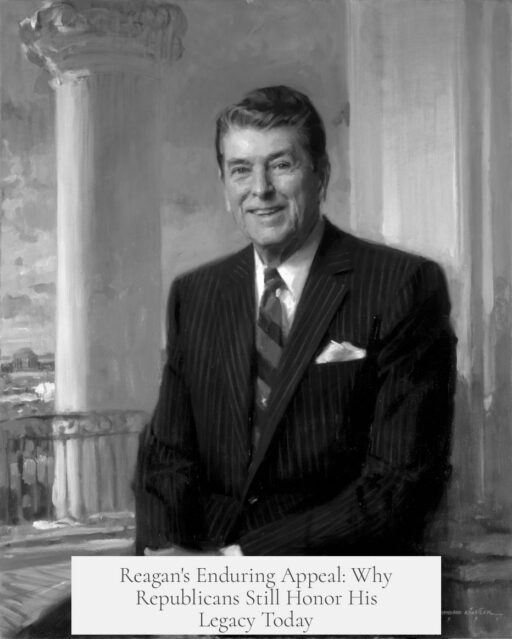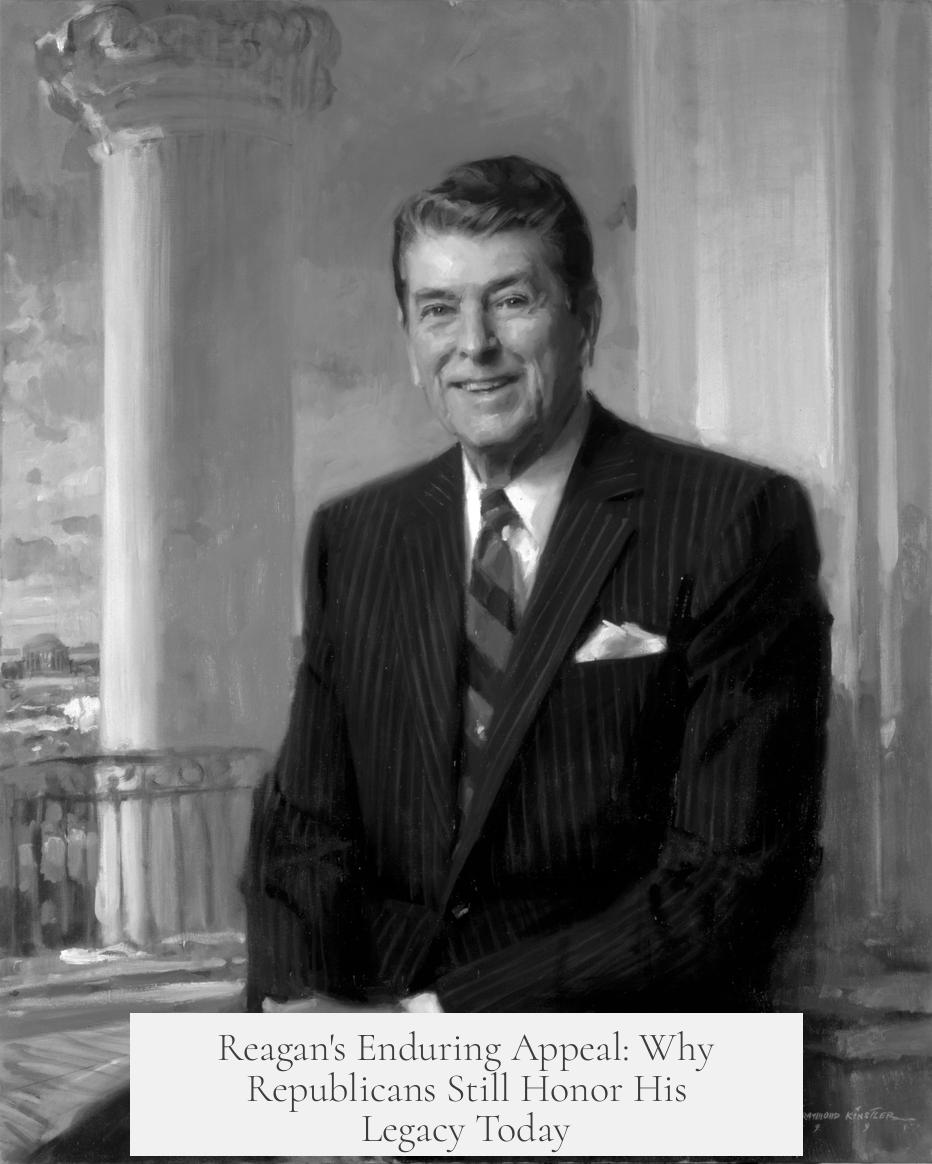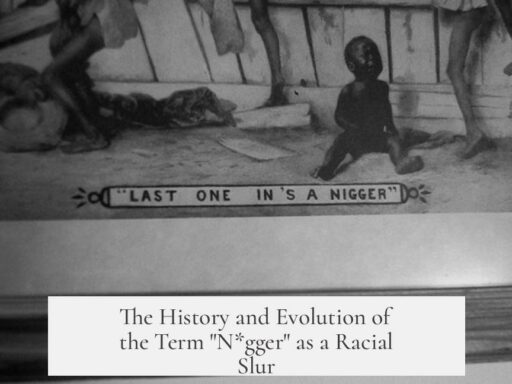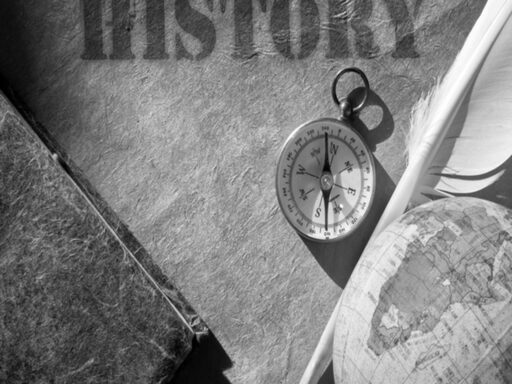Ronald Reagan remains highly popular among Republicans due to his exceptional skills in communication, clear political vision, strategic international relations, and a fortunate alignment of historical circumstances during his presidency. These factors, combined with the cultural climate of the 1980s, shaped both his political success and enduring legacy.
Reagan ranks very highly among historians for his ability to persuade the public and for setting a clear political agenda. According to C-SPAN’s surveys, he scores 90.9 in Public Persuasion and 84.9 in Vision and Setting an Agenda, rates surpassing most other presidents. His leadership and party guidance also receive favorable ratings, with Sierra College noting top marks in Leadership Ability and Relationship with Congress. This skill set enabled him to connect with Americans effectively and steer the Republican Party toward a strong conservative identity.
However, Reagan’s domestic policies and administrative skills receive mixed to low evaluations. Historians rank him lower on pursuing equal justice, administrative competence, and handling the economy, scoring near or below 50 out of 100 in these areas. These figures suggest that while his governance had flaws, his broader political influence and symbolic status overshadowed domestic shortcomings.
Republicans value Reagan as “The Great Communicator.” His straightforward, memorable phrases such as “There you go again” and “Trust but verify” helped simplify complex issues and connect broadly with voters. He played a pivotal role in realigning American politics by shifting the Republican Party away from its moderate Northeastern wing toward ideological conservatism. This transformation expanded the party’s base by appealing to conservative voters and “Reagan Democrats,” working-class individuals who traditionally voted Democratic.
Reagan’s popularity also benefited from a significant element of luck. Economic recovery began shortly before his 1984 re-election, bolstering public confidence in his leadership. The Cold War did not escalate into nuclear conflict, partly due to his genuine diplomatic rapport with Soviet leader Mikhail Gorbachev. Major crises, like the Black Monday stock market crash and the Savings and Loan crisis, either had limited immediate harmful effects or became widely known after his term ended. These fortunate circumstances prevented potentially severe political fallout.
The cultural and social context of the 1980s also helps explain Reagan’s lasting appeal. Many Republicans who grew up during this time describe the decade with nostalgia, recalling a sense of economic and physical security. They contrast this period with current times, emphasizing a community-oriented lifestyle without modern distractions like smartphones. Amid Cold War fears, Reagan’s calm reassurances helped Americans feel protected against nuclear threat. This sense of stability reinforced Reagan’s image as a reassuring leader who maintained national unity.
| Key Factors in Reagan’s Popularity | Details |
|---|---|
| Communication Skills | Top historian scores; memorable quotes; clear agenda setting |
| Political Vision | Realigned Republican Party; drew “Reagan Democrats”; ideological conservatism |
| International Relations | Managed Cold War diplomacy; prevented nuclear escalation |
| Luck and Timing | Economic recovery before 1984 elections; avoided major crises during term |
| Cultural Nostalgia | Perceived economic and social security; era seen as united and prosperous |
Despite some criticisms of his domestic policy record, many Republicans continue to admire Reagan for his vision and leadership style. His ability to articulate conservative principles in an accessible way reshaped American political discourse. His presidency’s fortunate timing and cultural context amplified his positive image, making him a lasting icon within the Republican Party.
- Reagan’s outstanding communication and agenda-setting skills are key to his popularity.
- He realigned the Republican Party toward ideological conservatism, winning diverse voter groups.
- Luck played a significant role, with economic recovery and Cold War diplomacy benefiting his image.
- The nostalgic social and cultural climate of the 1980s enhances his appeal for many Republicans.
- Mixed evaluations of domestic policy do not detract from his symbolic status and leadership legacy.




